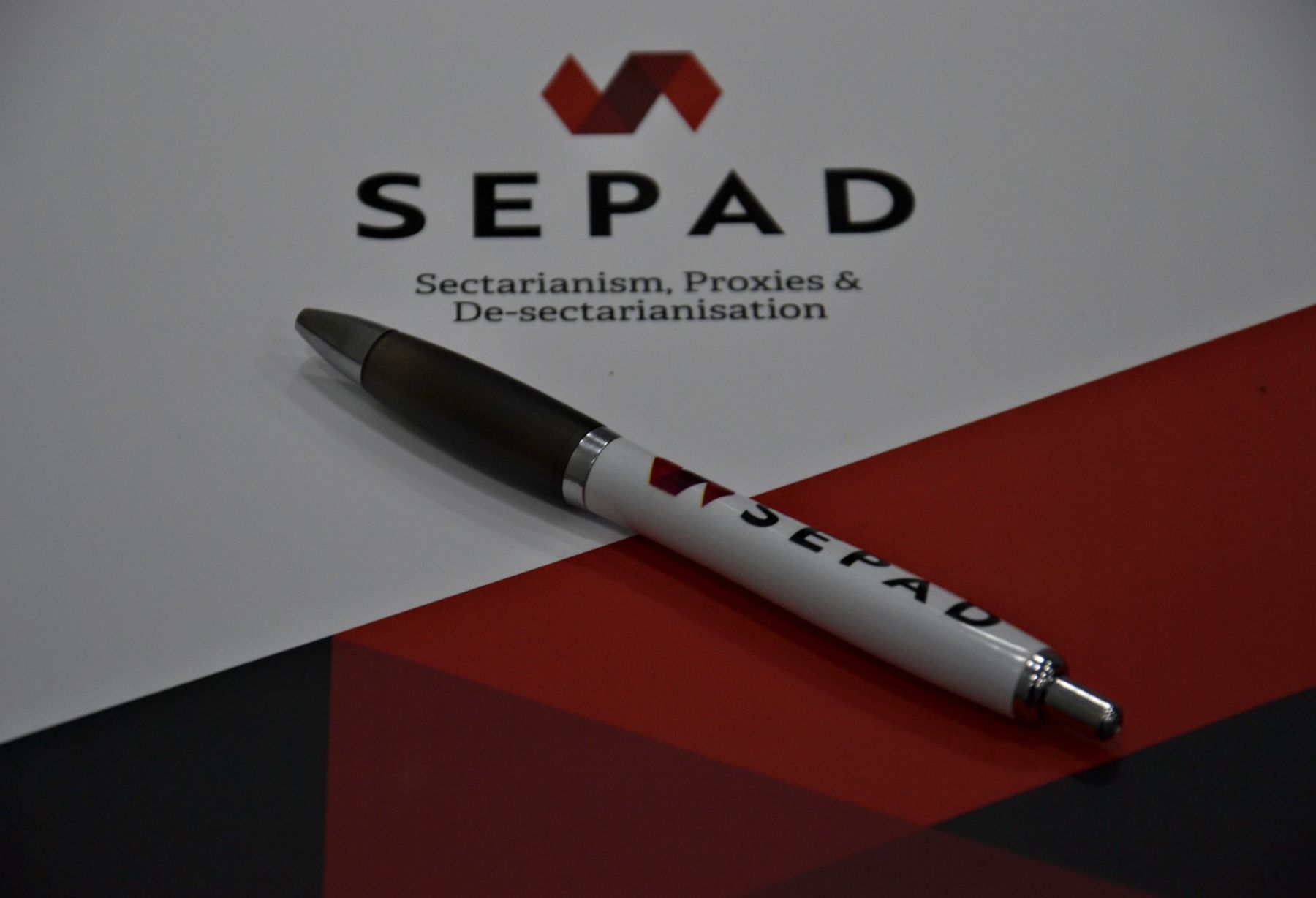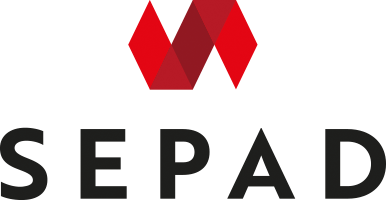Call for Papers: State Islam and Authoritarian Rule
20th Mar 2024 by Simon Mabon

State Islam and Authoritarian Rule: Comparing Control Over Religious Institutions in Muslim-majority states
December 2024
Lancaster University
Neil Russell and Simon Mabon
Scholars have detailed how authoritarian regimes utilise state institutions to prolong their rule, through blunt repression, co-optation of regime opponents, or legitimation of policies. Since the 2010/11 Arab Uprisings, increasing attention has been paid to official religious institutions, which attempt to extend their control over public space by allocating financial resources to try and monopolise the religious sphere. Mosques, preaching, religious schools, endowments, and charities play an important social role within communities, yet represent sites of contestation between authoritarian regimes and private civil society actors. Official religious institutions perform other functions like disseminating religious edicts and contributing to debates in the public sphere through media outlets. These patterns of state control have been observed in other Muslim-majority contexts outside the region, including sub-Saharan Africa, South and Central Asia, and East Asia, prompting questions around why states intervene in the religious sector, what forms of control they undertake, and whether they are effective (or not). This workshop will examine the extent and form of state control over Islamic social and religious institutions by exploring different regional Muslim-majority contexts.
Contributions should discuss the role of state Islam in a Muslim-majority state or states within a particular region, including the Middle East and North Africa, sub-Saharan Africa, Central or South Asia, or East Asia. What is the extent and form of state control over religious institutions? In what ways have these controls been shaped by historical state-religion relations? Why do states intervene in the religious sector? To deny space for Islamist opponents to operate? To combat the threat of religious extremism? And how effective are states in implementing these controls? What is the impact among the public and their perceptions of religious authority? What methodological and empirical issues do scholars face in researching state Islam and how can they be overcome? We are open to a diverse array of analytical and disciplinary approaches, including case studies and comparative work, on any Muslim-majority state(s) in the regions identified above.
The workshop will be held in Lancaster on 11th December 2024. Interested participants working on state Islam in any Muslim-majority setting are invited to submit a 500-word abstract and recent CV to neil.russell@gcu.ac.uk. The deadline for submissions is 31st May 2024.
SEPAD will cover travel and accommodation for selected participants. Short essays of each selected paper will be published in a SEPAD Report, with full length papers being published as a special issue in an academic journal or as an edited volume.
If you have any questions please get in touch with Neil (neil.russell@gcu.ac.uk) or Simon (s.mabon@lancaster.ac.uk).
